Talking Cents
|
December November October September August July June May April March February January |
Maximising Deductions - A Guide to Tax Write-Offs for Small Businesses in AustraliaAs a small business owner in Australia, you may wonder how to maximise your tax deductions and write-offs. Understanding tax write-offs is essential for your small business accounting and can help you save money on taxes. A small business accountant in Sydney can help you navigate tax laws and regulations and ensure you make the most of your deductions. The following are a few tips to help you maximise your deductions:
1. Keep Accurate RecordsOne of the most crucial things you can do to maximise your deductions is to keep accurate records of all your business expenses. This includes receipts, invoices, and bank statements. You can use accounting software to keep track of your expenses or work with a small business accountant in Sydney to help you manage your finances.
2. Claim all Business-Related ExpensesYou can deduct expenses that are related to your business, such as:
3. Take Advantage of Tax IncentivesThere are several tax incentives that small businesses can take advantage of, including:
4. Understand DepreciationDepreciation is the reduction in the value of an asset over time, and it can be claimed as a deduction on your tax return. Understanding how depreciation works and how it can affect your taxes is essential. A small business accountant in Sydney can help you determine the depreciation schedule for your assets and ensure that you are claiming the correct amount.
5. Don’t Forget About SuperannuationSuperannuation is a retirement savings plan for employees. As a small business owner, you must contribute to your employees’ superannuation accounts. You can claim a tax deduction for these contributions. You must ensure you contribute the correct amount and keep accurate records.
Consider M.A.S Partners For All Your Small Accounting NeedsMaximising your deductions is an essential part of small business accounting. By keeping accurate records, claiming all business-related expenses, taking advantage of tax incentives, understanding depreciation, and contributing to superannuation, you can save money on taxes and help your business grow. If you need help with small business accounting in Sydney, M.A.S Partners is here to help. Our team of experienced accountants can help you manage your finances, maximise your deductions, and achieve your business goals. Contact us today to learn more about their services. |




